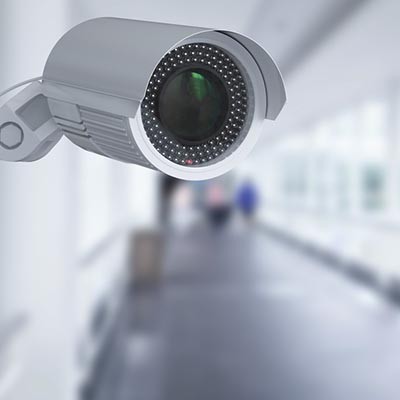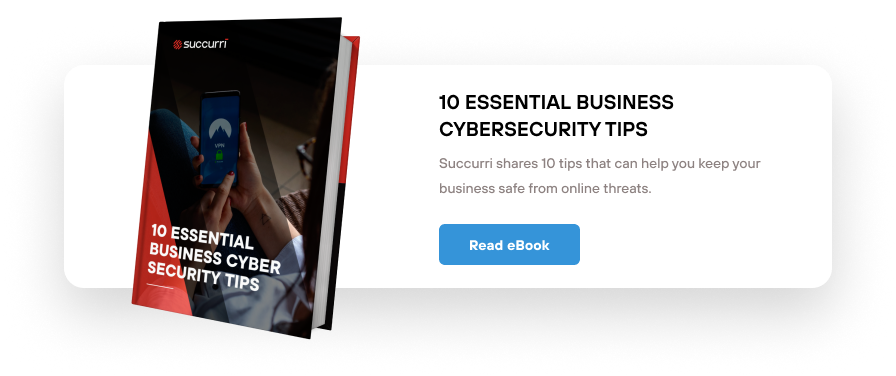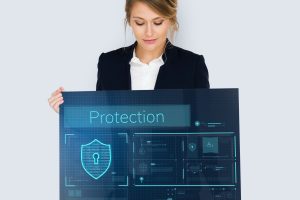Data security isn’t the easiest thing in the world to plan for, especially if your organization doesn’t have any dedicated security professionals on-hand. While protecting your data with traditional methods, like passwords, firewalls, and antivirus, is important, what measures are you taking to make sure a thief or hacker isn’t just walking into your office and making off with your technology?
If you don’t have guards or security cameras in place, you’re more likely to suffer from a physical security breach, which can be just as devastating as a digital breach. Ask yourself how comprehensive your security really is. After all, the new year has just hit, so why not use it as an opportunity to protect your business’ physical assets? With so many cyber threats out there these days, it’s no surprise that organizations focus on the digital aspect of security, but some people are just old-fashioned and would rather infiltrate a business the traditional way.
It’s also important to keep in mind that not everyone is going to be the perfect employee. You might have a couple of bad apples in the bunch that see technology and want it for themselves. In this case, digital security might not mean much, but physical security like locked doors and so on could make all the difference in keeping them from making decisions that are bad for both themselves and your business.
Basically, you need to take this two-pronged approach–one that considers both digital security and physical security–for the following reasons:
- Data access is restricted to those within your organization, but even the best employees make mistakes.
- A tiered approach means that employees only have permission to access data they need for their immediate work responsibilities.
- Knowing who is accessing devices and data, as well as when they are doing so, can help you to resolve issues as they occur.
Let’s consider a couple of scenarios where it helps to have physical and digital security. Access control limits who can access specific information, so if the data is corrupt or missing, then you’ll have a clear idea for who is responsible for it. On the off-chance that it wasn’t the employee, then you know their credentials have been stolen and abused by a cybercriminal. Access monitoring is helpful for this, as it can also determine when someone is accessing data, as well as where they are located. Thus, if someone from another country is accessing data in the wee hours of the morning, it’s likely that you have a digital security problem on your hands.
As far as physical security goes, consider what would happen if you didn’t keep track of who checks out devices. For example, let’s say you have company laptops that can be checked out for use by your employees. If you’re not keeping track of who checks out what device, you’ll never know who currently has the devices in their possession, as well as when they were last taken out. It makes it astonishingly easy to get away with stealing a device.
Therefore, in order to make sure that you’re keeping your data as secure as possible from all avenues of attacks, we recommend you work with the folks from Succurri. We can help you ensure security. To learn more, reach out to us at (206) 590-3312.
Want to learn more about what a Managed Security Services Provider is? Listen to Succurri partner, Grant Eckstrom, and Fractional CMO, Tony Lael, discuss the topic in more depth in this video.






